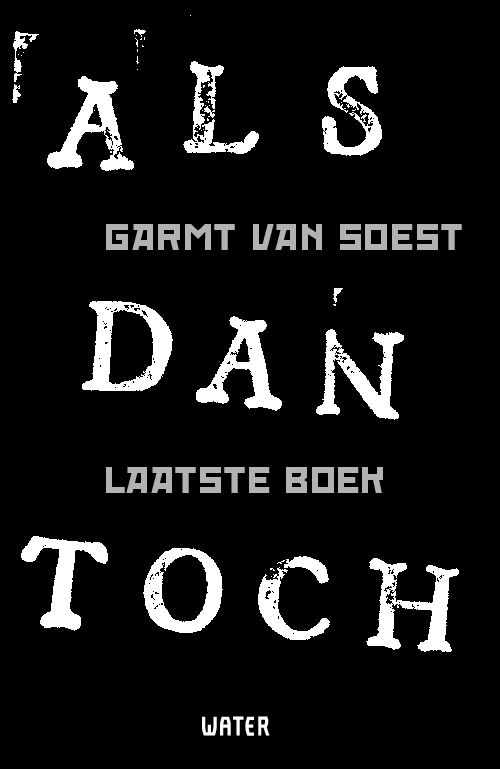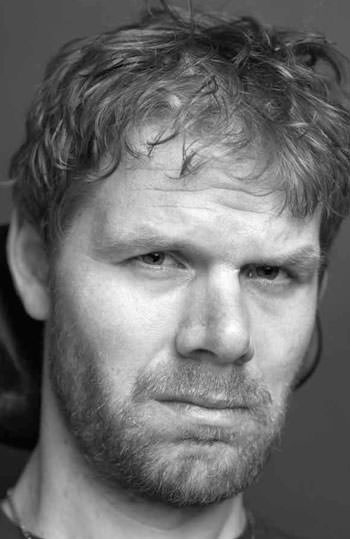If you have ALS…
UPDATE FOR DUTCH READERS (July 2016)
Zeker 50% van de ALS patienten heeft last van dwanglachen en/of -huilen. Hier is een geneesmiddel voor verkrijgbaar, dat mogelijk ook helpt bij praten en slikken.
Ook is een Nederlandse versie van deze blog beschikbaar.
If you are experiencing ALS too, this page was written specifically for you.
When I heard I had ALS, I looked around on the web for stories of other patients. I didn’t look too long or too deep. Knowing what is ahead of you is not necessarily inspiring, but at the same time, I saw value in being prepared. I got quite a bit of motivation, perspective and understanding from talking to fellow patients and reading other blogs. I also know several people around me found comfort and wisdom in blogs of other patients.
- Diet. Eat lots and health, preferably organic. Your body is fighting a battle, give it clean fuel. ALS messes with the metabolism and losing weight is a bad sign. Drinking lots of water, several liters a day, keeps cramp and stiffness away. Alternatively, you could say, fuck that, I love unhealthy living, I’m going to enjoy all the cigarettes, red bull, vodka, McDonalds and pizza that I can, because being happy is also important. I kept somewhere in between, back when I could eat. Now I have to get processed sugarwater as my only nutrition.
- Supplements. There are lots of readily available food supplements that MAY have a positive effect on ALS, for instance, plain old vitamin D: link, link, link, link, or vitamin B12: overview. Regardless of all this research, I never found a single neurologist who would recommend any supplement. The most affirmation I got was “Well, it probably won’t hurt you.”. Doctors hate giving false hope, so… judge for yourself. Popular ALS supplements are Vit. D, B12, Acetyl-L-Carnitine, Resveratrol, R-Alpha-lipoic acid, magnesium, omega 3, milk thistle, and unicorn poop. The reason that doctors don’t take me seriously is probably because I included that last one. Back to serious. In 2013, we (that is, my sister and some smart friends) reviewed all the research on supplements we could find. One day, I will tidy it up and put it on here. In the meantime, if you are interested, drop me a note. Contact form on homepage. Also, this site has loads of info about supplements.
- Nuedexta. About 50% of ALS patients has problems with involuntary laughter or crying. This is known as PBA and Nuedexta is an approved, official medicine for it. Without it, I can’t function. Unfortunately, despite being approved in Europe and the US, it is not available everywhere yet. Most doctors I met didn’t even know the drug existed in the first place. Fresh research shows that it is even effective against other bulbar symptoms like difficult swallowing or speech impairment. Mail info@alsworldwide.org if you need to know more.
- Get a massage. It alleviates the cramps and stiffness and boosts your immune system.
- Get cold. I take cold showers to feel warm all day, but I know patients who take this one step further and chill in the snow, in nothing but underpants, for a relaxed thirty minutes. They have learned the Wim “Iceman” Hof method. It helps their body do things they never thought possible, and if you have ALS, that is a good thing. Check out www.innerfire.nl. It is truly amazing what anybody can do with his method. Besides, it saves heating costs.
- Stretch. Another thing that alleviates cramps and stiffness and reduces spasms and overactive reflexes.
- Work out. Do not overexert yourself, but get your heart rate up. Unused muscles fade faster.
- Be smart about which assistive devices and assistive technology you can get. I speak with a computer, but it is my voice talking. That piece of my identity was saved, and I have met several patient who had wished their speech therapist had known about it. I got a Tobii sensor to use my computer (the PCEye Go came out best in a comparison we did of six sensors), and another Tobii device to communicate. My life would be unlivable without these things, and yet I know patients who needed but lacked them. I got a device to keep on kitesurfing, even. If you speak Dutch, check out this page.
- In The Netherlands, everything is available and paid for. Some things are easy to get, like small custom made utensils, but some things are hidden behind layers of bureaucracy, like the right wheelchair. I fought for nine months to get my Permobil C500, and it is worth that investment, as I spend up to 14 hours per day in it. It is important to build a good relationship with your ergotherapist, your speech therapist, your rehabilitation doctor, etc. Educate them, if you must, because they are the ones whose voice leads the way into the insurers and the WMO.
- … I am finally done talking. If you read all the way here, I salute your perseverance. Now scram!
Garmt and RJ thank prof. Veldink for fact-checking our ramblings.





